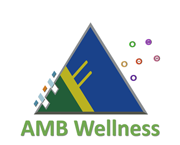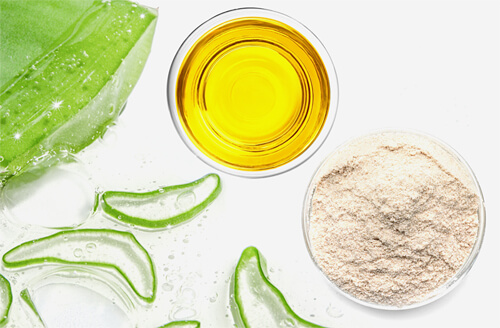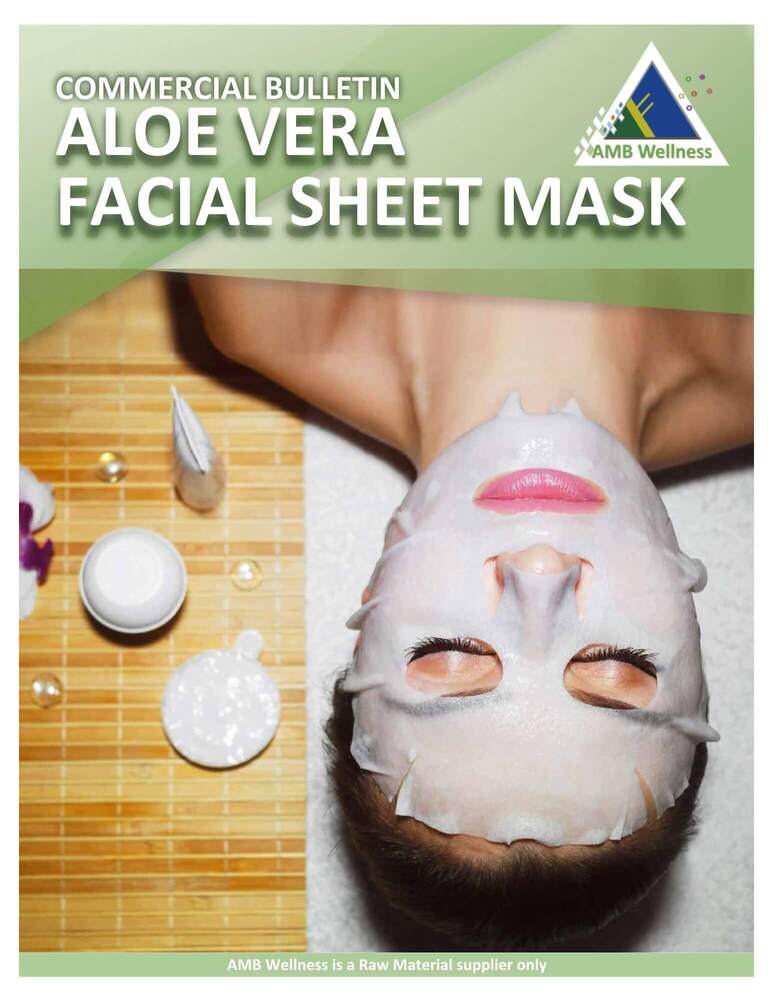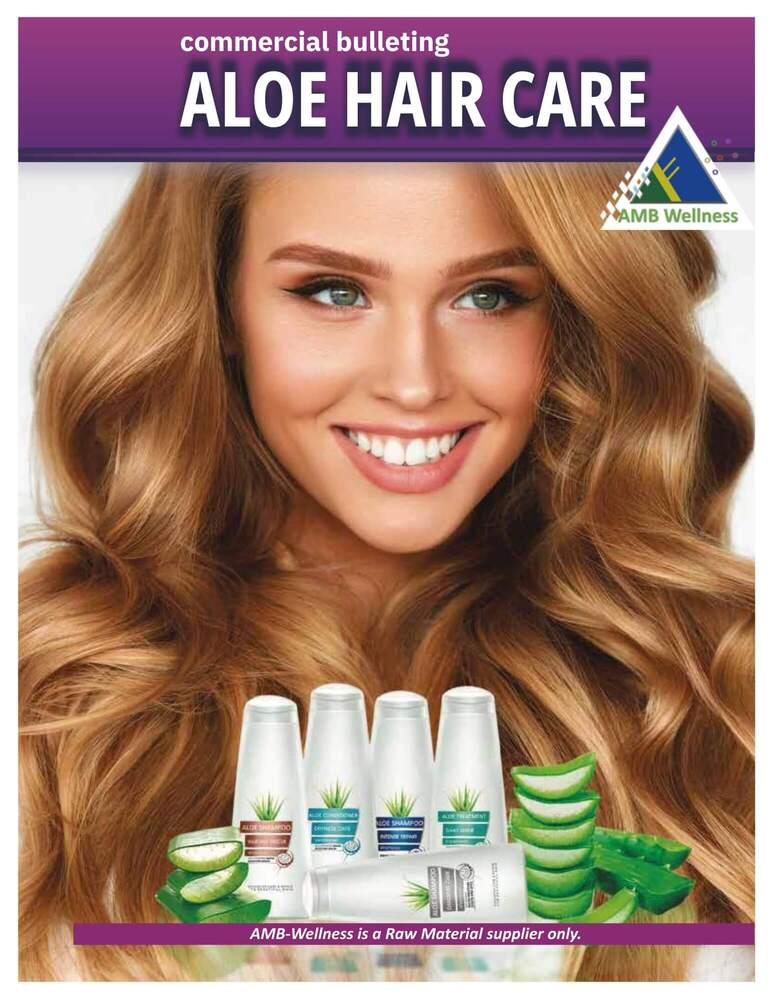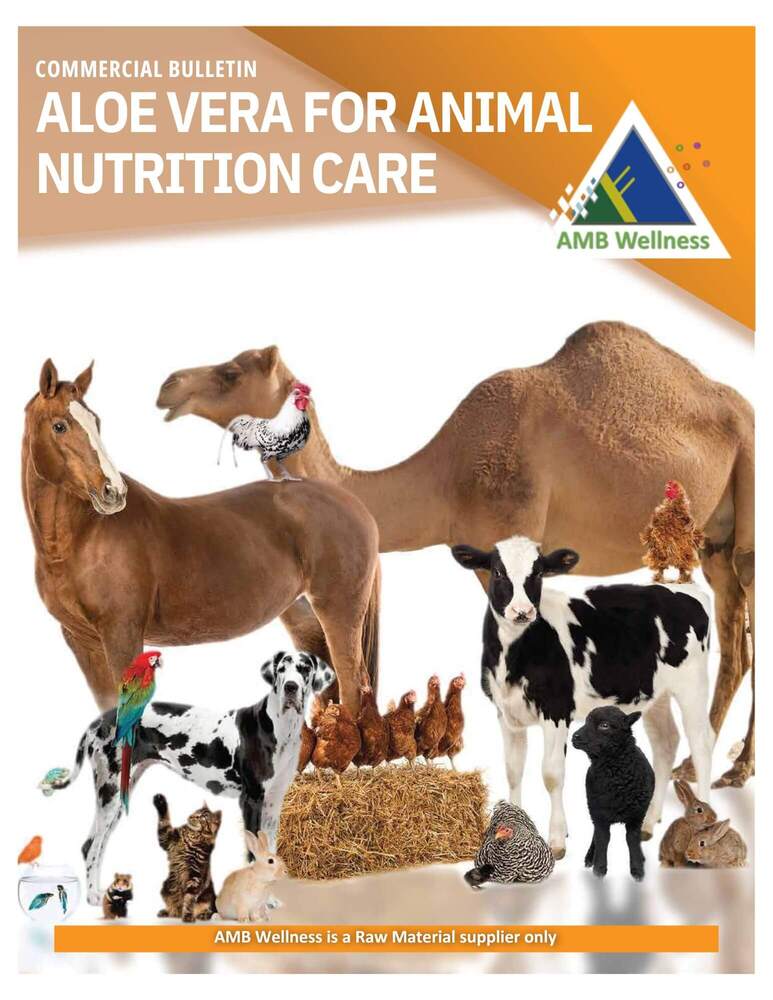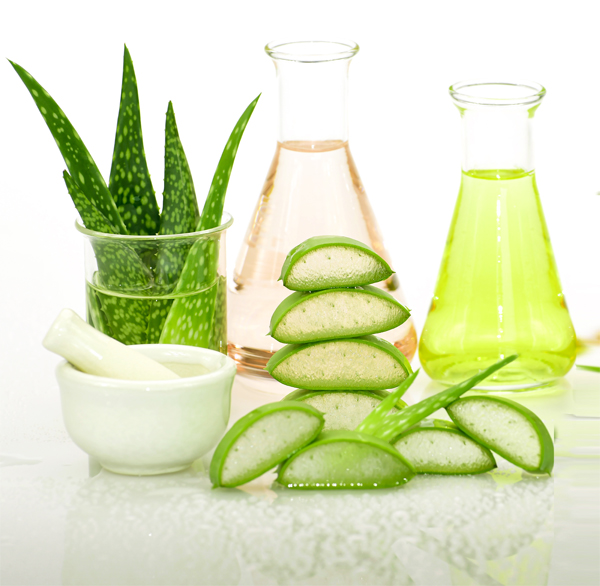Author Agnieszka Kosinska, Wilfried Andlauer
Tight junction, Epithelial barrier modulation, Phenolic compounds, Paracellular transport, Food components, primary function of the human intestine is to absorb nutrients and water, important is its ability to act as a selective barrier to protect the human system. Intestinal epithelium is formed by a monolayer of epithelial cells. Adjacent cells of the monolayer are sealed together by the formation of tight junctions (TJs)complex protein systems. The structure of TJ involves transmembrane proteins linked to a cytoplasmic plaque, which is formed by a network of scaffolding and adaptor proteins, signalling components and actin-binding cytoskeleton linkers. TJs regulate paracellular transport of compounds as well as physical barrier function of epithelium, which is linked to pathogenesis of inflammatory bowel disease, ulcerative colitis, Crohn’s disease and food allergies. Epithelium is intensively exposed to food components, The targeted usage of food components to modulate TJ permeability is of vital importance for enhancing the absorption of poorly permeable drugs or bioactive compounds and, on the other hand, for sealing the junction in order to limit the risk of intestine pathology
